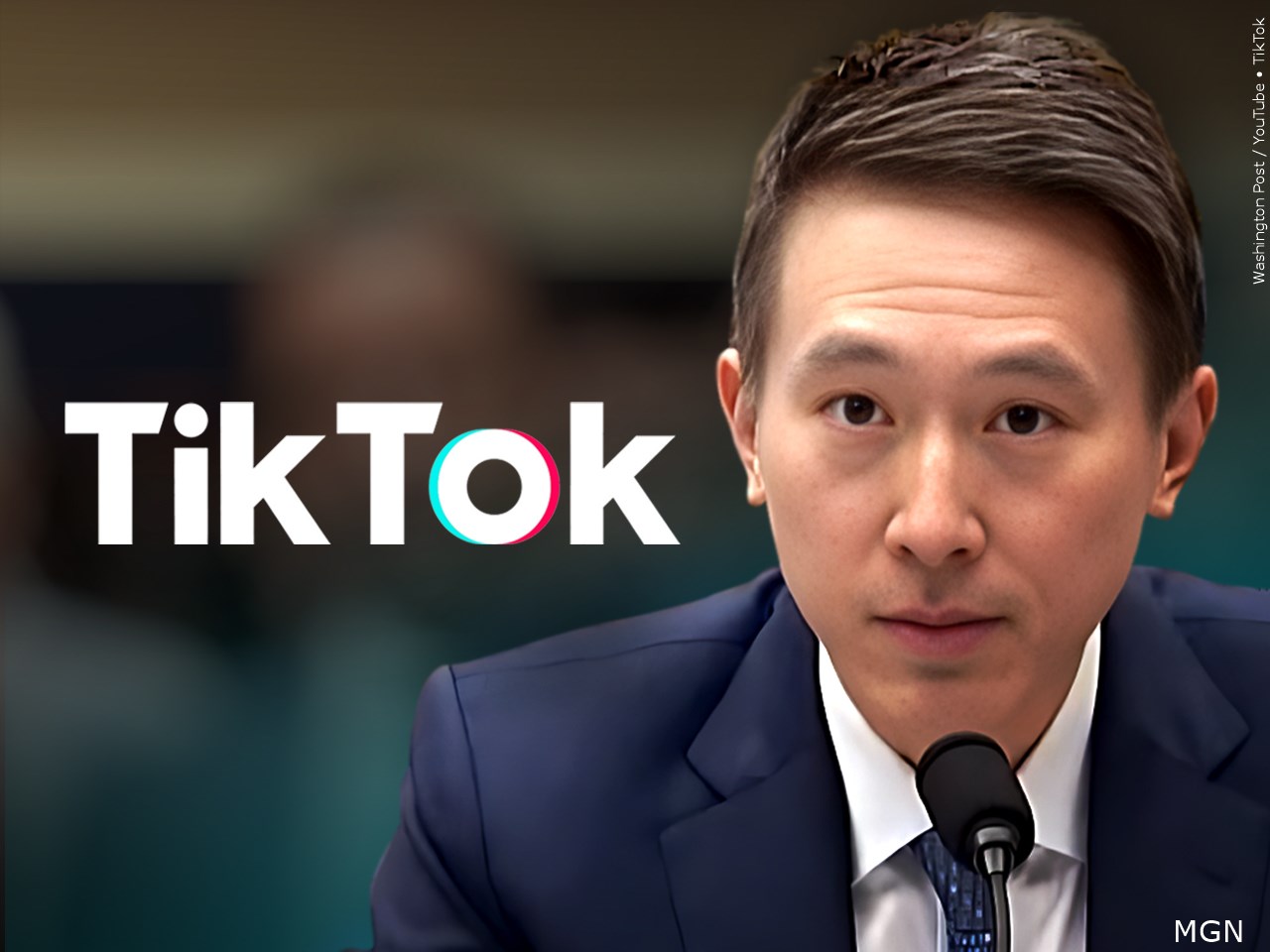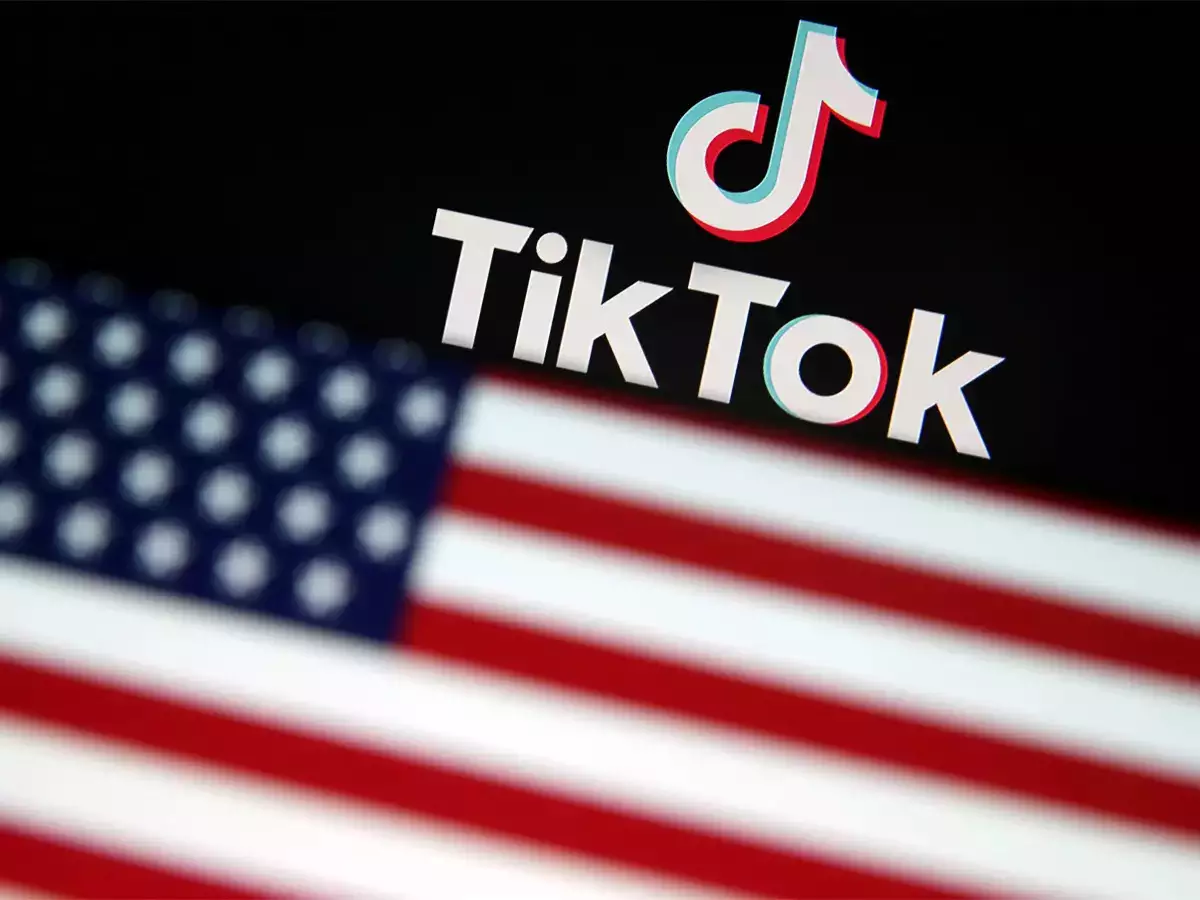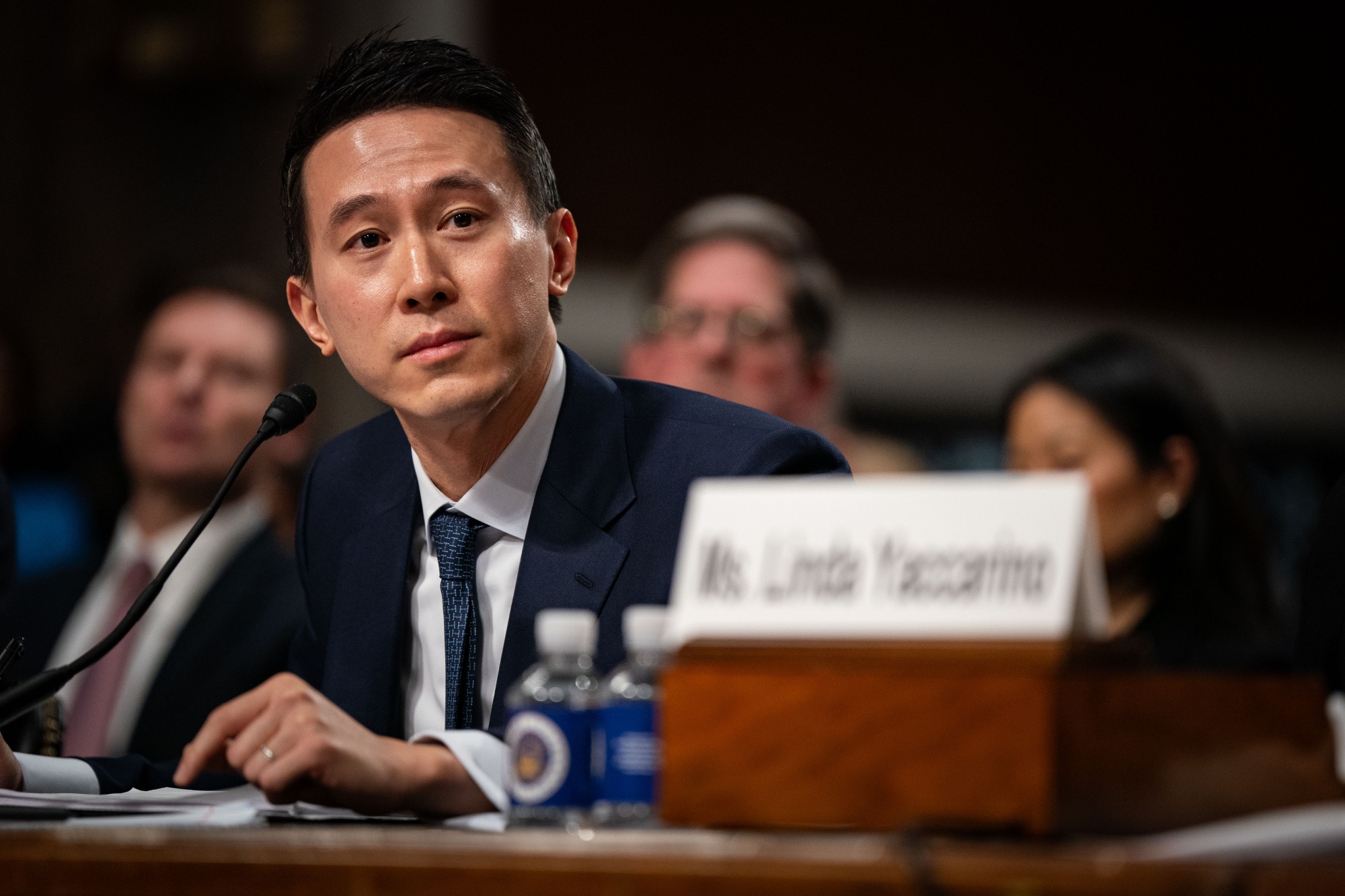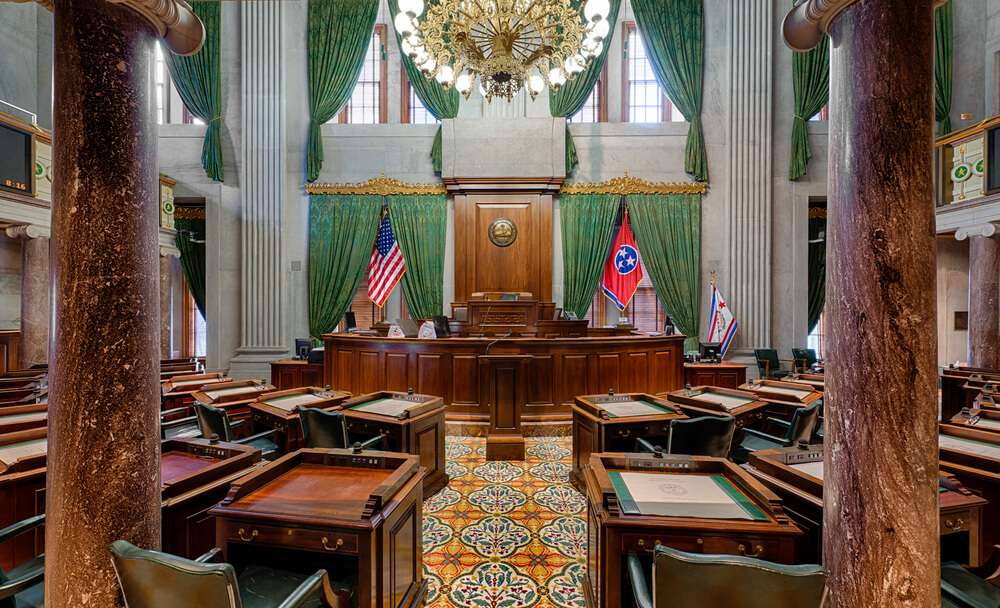In recent legislative maneuvers, TikTok finds itself at the center of a storm as the United States intensifies efforts to either force its sale or ban its operations altogether.
The U.S. House of Representatives recently passed a bill that would compel ByteDance, the Chinese company behind TikTok, to divest its ownership of the popular short-form video app.
With the Senate poised to vote on this legislation and President Biden expected to lend his support, the pressure on TikTok is mounting.
At the heart of the matter lies concerns over data security, not just in the U.S. but also in Europe and Canada. Lawmakers worry that TikTok, with its vast user base, may inadvertently expose sensitive user data to the Chinese government, given ByteDance’s ownership ties.
These concerns have been brewing for some time, with the White House issuing directives in 2023 for federal agencies to remove TikTok from government devices.
Fate Of TikTok In The U.S.

Moreover, TikTok’s alleged role in amplifying misinformation and influencing public opinion during sensitive geopolitical events, such as the Israel-Hamas conflict and the U.S. presidential election, has fueled further scrutiny. Critics accuse TikTok of promoting biased content and potentially endangering national security.
The push for TikTok’s sale or ban is not confined to the U.S. alone. Other countries, including India, have already implemented bans on TikTok, citing data privacy and national security concerns.
In the U.S., more than 30 states and New York City have joined the federal government in banning TikTok on government-issued devices, reflecting widespread apprehension.

The proposed legislation seeks to compel ByteDance to sell TikTok to a buyer approved by the U.S. government. Failure to comply could result in a ban on TikTok’s distribution and updates through major app stores, as well as restrictions on internet hosting services.
While the Biden administration has signaled support for this approach, it also underscores broader concerns about maintaining an open and free internet while safeguarding national security interests.

In response to mounting pressure, TikTok has vehemently denied allegations of data privacy breaches and political bias.
The company has come on a lobbying campaign to address national security concerns and rally support against the proposed ban. However, with the stakes escalating and legal challenges looming, the fate of TikTok in the U.S. remains uncertain.







Leave a Reply